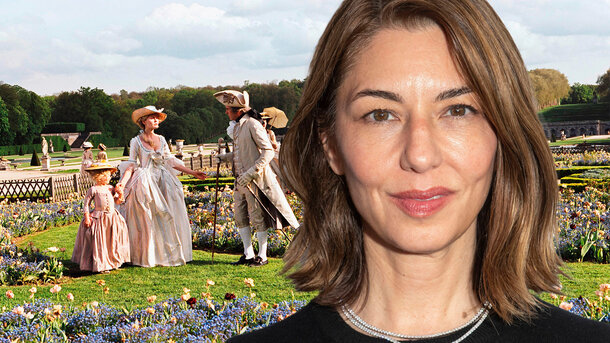As a director, screenwriter, and producer, her work has gained both critical acclaim and commercial success, making her a beacon for women in film. With her unique voice and the ability to tell very subtle yet deep female experiences, she has been able to inspire a new wave of filmmakers, thus making her contributions to the industry both great and transformational.
Coppola first earned major recognition with her 2003 film Lost in Translation, where she earned the Academy Award for Best Original Screenplay, only the third woman to have done so at that point in time. The film-a melancholy meditation on loneliness, existentialism, and emotional connection stars Bill Murray and Scarlett Johansson against the fantastic backdrop of Tokyo. Coppola did with her bare capability to capture human life with a girlish touch reverberate within people's minds around the planet and gave something quite different from the everyday stories of Hollywood.
What really sets Coppola apart, however, is her unique cinematic voice. She often tackles the difficulties of womanhood, identity, and personal growth. Movies like The Virgin Suicides (1999) and Marie Antoinette (2006) showcase her ability to marry visual artistry with deeply personal narratives. With her work, Coppola invites viewers into the inner lives of her characters, often portraying young women on the brink of self-discovery and liberation.
But Coppola's influence doesn't stop at her films; she has become an outspoken ambassador for women in the industry. By succeeding, she has opened doors for female filmmakers who might have found their entry into this male-dominated sphere a little more difficult. Her presence attached to high-profile projects serves as a reminder that women can tell powerful stories from different perspectives, shifting the narrative landscape of contemporary cinema.
In 2019, Coppola took this a step further when she joined a collective of women directors, the 'Women in Film' initiative, which seeks to amplify female voices in the filmmaking process. The movement will work to bring equal opportunities for women in every respect within the film industry, from being a director and producer to screenwriting and cinematography. Through the experiences she shared and such insights, Coppola empowered and helped young women become present and heard in their voice, since it was traditionally an industry with great misogyny.

Much of what modern female filmmakers do today was a direct result of her inspiration. There's Greta Gerwig, for example, an example of artist build-up on grounds laid by Sofia, her film Lady Bird, basically talking Coppola's themes over her adolescence and road to self-realization; then there's Chloé Zhao, who gained popular fame after Nomadland. "The fact more and more women are engaging in filmmaking, and more getting recognition means just this: a healthier positive turnaround toward gender equitability, finally."
And yet, as Sofia Coppola continued to evolve into a filmmaker of her own accord, her value as a pioneering leader for females in film had already been undeniable. Her movies celebrate the females, while societal norms and roles are also explored and subverted to let others in. Her talent, combined with this advocacy, finally proves that a woman's tale has not only warranted a telling but is one in and of itself quintessential to the cinematographic medium. With the continuous evolution of the industry, she will surely be an inspiration for future generations of female filmmakers to come forward and work, making sure that their voice be heard from the screen for years to come.











